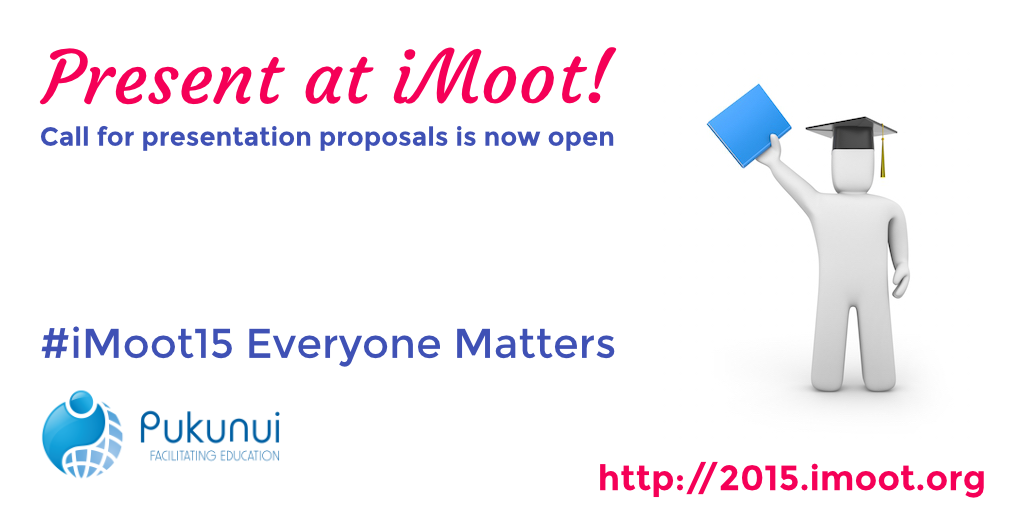- Examples of different ways Moodle courses can be set up and different ways to setup activities.
- The opportunity to see how you can run a course with a lot of participants. Not many of us run MOOCs but as they have become more common it is good to participate in them to keep current of this trends pros and cons.
- A reminder of the kinds of questions beginners think of (outside of your own work context).
- An opportunity to help beginners with their questions and give back to the Moodle community.
- The experience of using things you might not have enabled in your own Moodle environment, like badges. This will help you think about how they might be used in your own context.
Anyway, enough of reading my notes; if you want to join go to learn.moodle.net to sign up and get started today.

